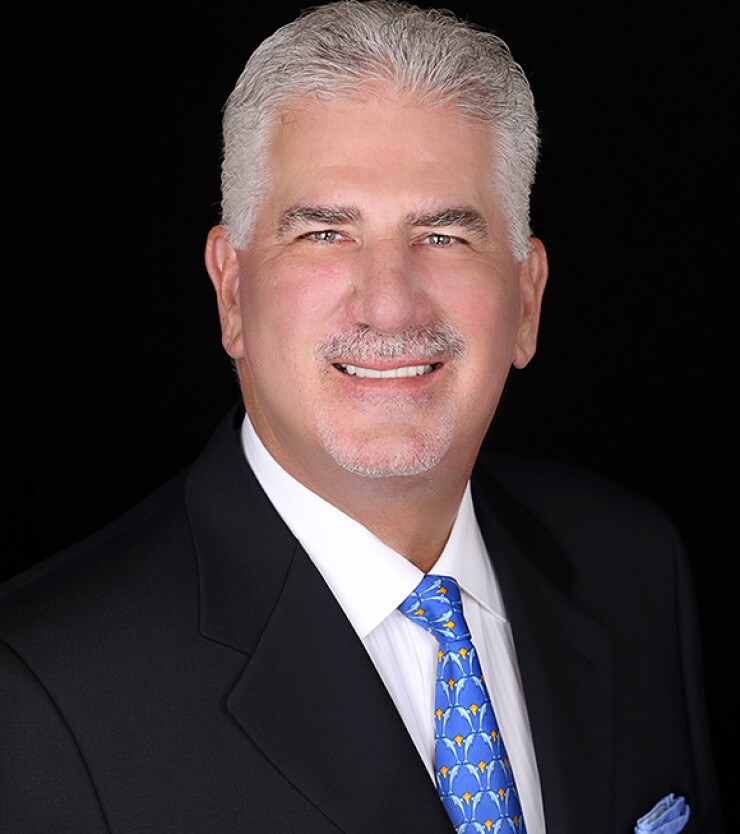In its latest legal brief in a long-running lawsuit over freshwater rights, the state of Florida told the U.S. Supreme Court it deserves relief from Georgia's "grossly unreasonable" use of water.
That use has placed the "Apalachicola Bay’s iconic oyster fisheries" and its ecosystem on the northwest coast of Florida on the brink of collapse, the state's 30-page brief said.
"In the end, denying Florida relief not only would spell doom for Apalachicola, it would set the bar so high for an equitable apportionment that it would effectively invite states to raid water as it passes through their borders," Florida's attorneys wrote.

The U.S. Supreme Court should grant the state relief by equitably apportioning water and placing a cap on Georgia’s consumption, it concludes.
Many of Florida's arguments over the years as well as the fragility of Apalachicola Bay remain as they did when former Gov. Rick Scott filed the current complaint against Georgia in 2013.
Scott, now a U.S. senator, said the litigation was necessary “to stop Georgia’s unchecked consumption of water” because it was threatening oyster beds and commercial fishing in Florida's panhandle region.
The litigation has cost both states millions of dollars.
Last month, the Florida Fish and Wildlife Conservation Commission approved draft regulations designed to support the recovery of oysters in Apalachicola Bay.
The draft rules would temporarily suspend all harvest of wild oysters from the bay and prohibit on-the-water possession of wild oyster harvesting equipment through Dec. 31, 2025, or until 300 bags per acre of adult oysters can be found on a significant number of reefs.
The rules, which will be given final consideration at the commission's meeting in October, would not apply to oyster aquaculture operations.
“Apalachicola is a gem of a place and it is one that has been decimated,” said Commissioner Rodney Barreto. “I feel for all the fishermen and businesses there."
The commission said, historically nearly 90% of Florida’s oysters and 10% of the nation’s wild oysters came from Apalachicola Bay. "But the Apalachicola Bay oyster population has been declining since 2013 after years of low water flow conditions," the commission said.
Most of Georgia and portions of northern Florida were also in severe-to-extreme drought conditions in 2012 and 2013, according to the National Oceanic and Atmospheric Administration.
Florida and Georgia have argued for years over whether water rights should be allocated to each state for water that flows through the Apalachicola-Chattahoochee-Flint River Basin, which is a network of rivers, dams, and reservoirs that begins in northern Georgia and ends in the Florida panhandle, as Georgia explained in its brief in June.
Georgia contended the benefits of a cap would be small and speculative; that the costs of a decree enacting a cap would be massive to Georgia; and that Florida cannot obtain a decree without proving its case on the merits.
"Florida is wrong to claim that denying its request for a decree would give Georgia 'free rein to consume as much as it wants, regardless of the consequences,'” Georgia's attorneys wrote.
"Declining to issue a decree would not relieve Georgia of its responsibility to make reasonable use of the shared water resources of the ACF Basin, and Georgia will continue to take that responsibility seriously, as its decades-long conservation efforts show," they said. "Denying Florida’s request means just one thing: on this comprehensive record, Florida has failed to prove its case."
State officials did not immediately respond to requests for updated costs of the litigation. Florida said in October 2019 that it had spent $63.4 million on the case, while Georgia said it had spent $47.5 million as of Nov. 6, 2019.





